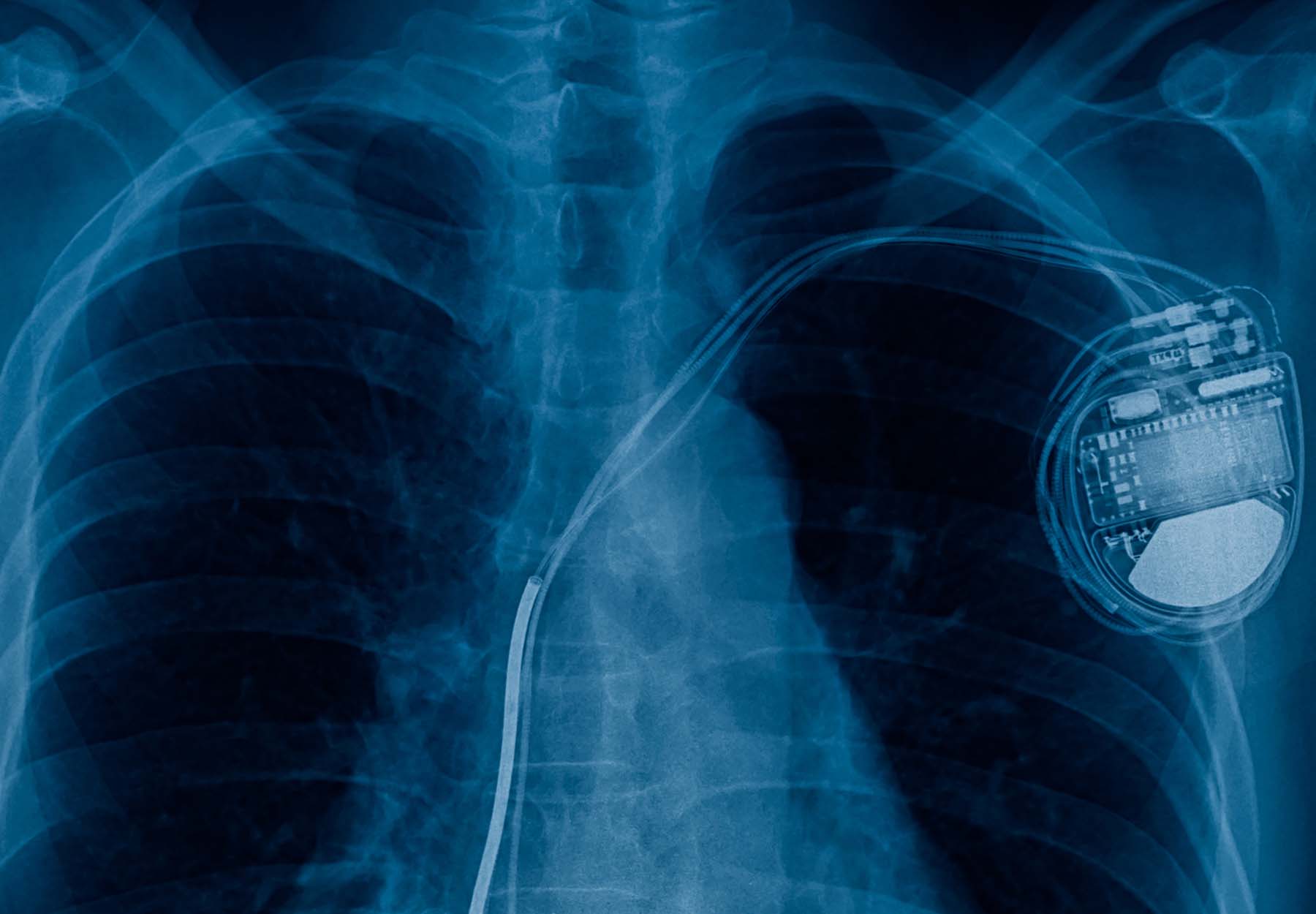Whistleblower Gets Only Nominal Share in Case Based on Public Information
Case: Upon learning that her newly implanted pacemaker had been recalled by the FDA, a privately insured patient filed a whistleblower lawsuit against the hospital. The government intervened and the case settled. The question: To how much, if any, of that money was the patient entitled? The patient claimed she should get a 20 percent share, but the federal court disagreed and awarded her only a nominal share of 0.5 percent. Significance: Whistleblowers who bring successful FCA qui tam suits are normally entitled to receive 15 to 25 percent of what the government recovers. However, the so-called “public-disclosure bar” limits the maximum share to 10 percent when the case is based on publicly disclosed information. And the government’s case against the hospital was based almost entirely on public information. While the patient did provide some new information, it wasn’t decisive or crucial to the case [United States ex rel. Burke v. St. Jude Med., Inc., 2021 U.S. Dist. LEXIS 247381, 2021 WL 6135202].

Subscribe to view Essential
Start a Free Trial for immediate access to this article